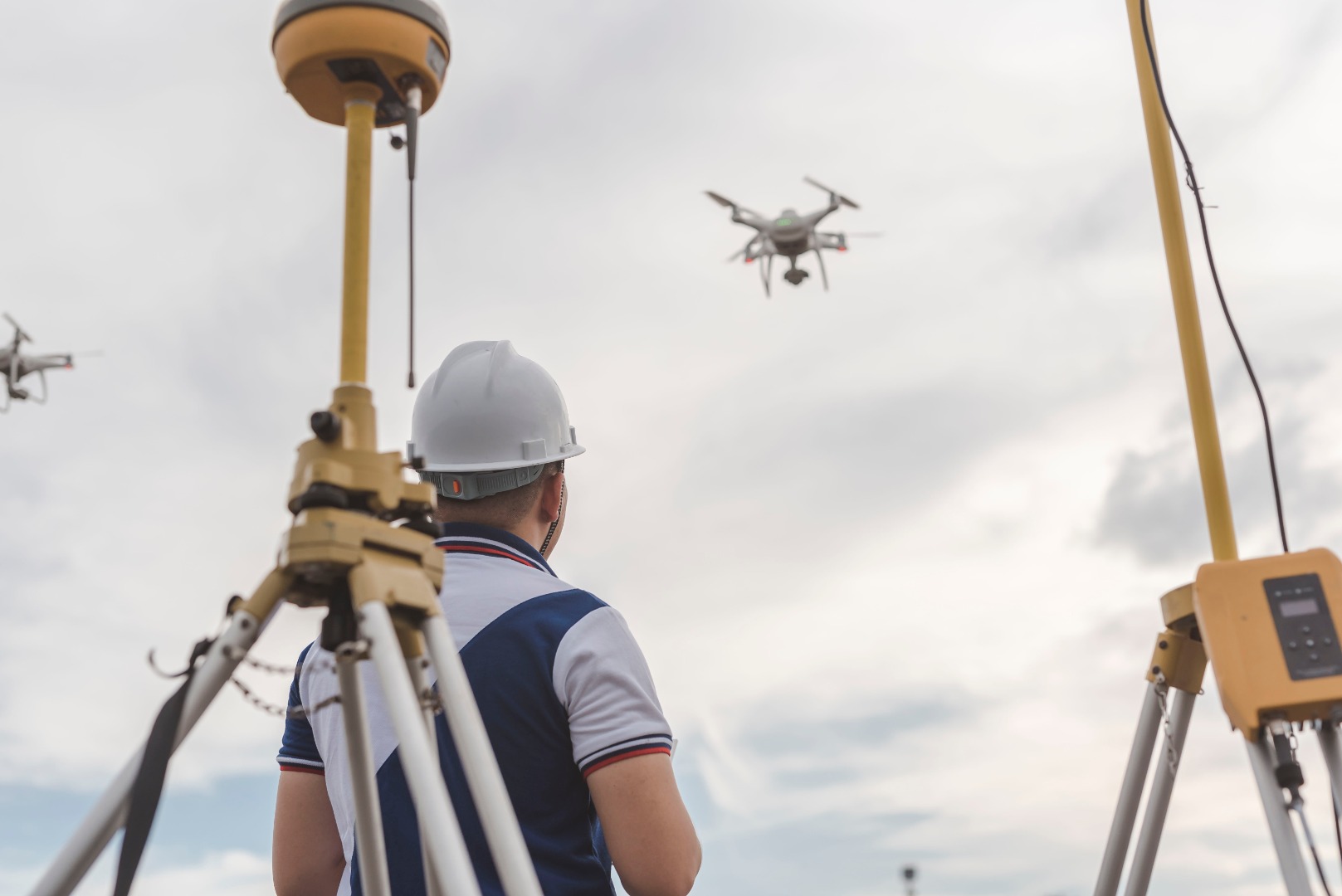In today’s rapidly advancing world, technology integration has become indispensable across various industries, and the civil construction and infrastructure sector is no exception. Technology is transforming the execution of ground preparation, stormwater management, concrete works, roadworks, kerbs and gutters, playgrounds, sporting facilities, quality management, safety, and compliance in the construction industry.
Civil construction plays a pivotal role in shaping the world around us. With the introduction of new technology, civil construction projects can now be completed in significantly shorter timeframes.
At Civil and Scape, our civil construction services have thrived since our inception and are well-equipped to deliver projects successfully. Our team is passionate and committed to delivering projects to the highest possible standards of quality and service.
From building massive transportation bridges to constructing walkways and wastewater treatment centres to dams, the civil construction field encompasses some of the most vital building projects completed annually. At Civil and Scape, we are leading pioneers in the Australian market with these specific civil construction services.
- Ground Preparation
Ground preparation stands as the crucial first step in any construction project. The integration of technology has made this process more efficient and precise. Tools such as GPS, drones, and advanced surveying equipment allow contractors to accurately assess and plan the terrain, reducing the margin of error and saving time and resources. Digital mapping and modelling provide a comprehensive site view, aiding in better decision-making and resource allocation. - Stormwater Management
Stormwater management includes investigating and resolving drainage issues, installing pits, pipes, and drainage systems according to project specifications, and constructing gutters. Smart sensors, weather forecasting, and data analytics enable our team to predict and promptly respond to potential stormwater issues. - Concrete Works
The integration of technology into concrete works has enhanced the quality and durability of structures. Advanced additives and admixtures enhance the strength and resilience of concrete. Automated batching and mixing systems ensure consistent quality, reducing human errors. Furthermore, 3D printing technology is revolutionising the construction industry by enabling the creation of intricate concrete structures with greater efficiency. - Roadworks
Automated machinery, such as asphalt pavers and road graders, enhance precision and speed in roadworks. Real-time data collection through road sensors allows for early detection of wear and tear, enabling timely repairs and reducing long-term maintenance costs. This involves delivering the stabilised structural base in preparation for the construction of any new roads as per local council and RMS requirements and specifications, as well as milling and asphalting existing roads as required. - Kerbs and Gutters
Technology integration has also benefited the construction, installation, and maintenance of kerbs and gutters. Modern machinery and equipment enable more precise and efficient construction. Moreover, the use of durable materials, such as fibre-reinforced polymers, extends the lifespan of kerbs and gutters. Automated cleaning and maintenance systems further reduce the need for manual labour and enhance safety. - Playgrounds and Sporting Facilities
Technology has made playgrounds and sporting facilities safer and more enjoyable for users. Impact-absorbing surfaces, made from advanced materials, reduce the risk of injuries. Bright lighting and sound systems enhance the overall experience and security. Augmented reality (AR) and virtual reality (VR) technologies are incorporated into sporting facilities to provide immersive training and entertainment experiences. - Quality Management, Safety & Compliance
The construction industry places great emphasis on quality management, safety, and regulatory compliance. Mobile apps and software solutions enable real-time quality control and reporting. Wearable devices such as smart helmets and vests monitor worker safety and provide immediate emergency alerts. Compliance with building codes and environmental regulations is facilitated through digital documentation and reporting.
Our team is committed to consistently delivering high-quality work and maintaining the highest standards of quality, best practice, and compliance through our internal quality management system and compliance framework.
These advancements improve efficiency, accuracy, and sustainability while enhancing safety and the overall quality of projects. As technology continues to evolve, it will further shape the future of infrastructure services, making them smarter, safer, and more resilient. Civil construction often involves structures such as city halls or public libraries, but can also take design and construction to another level.
Technology has played a pivotal role in undertaking our projects in a more efficient manner. It truly has placed Civil and Scape at the forefront of our industry and we’re looking forward to continue making positive changes to Australia’s urban landscape. Contact us now to learn more!


 1300 457 457
1300 457 457 info@civilandscape.com.au
info@civilandscape.com.au